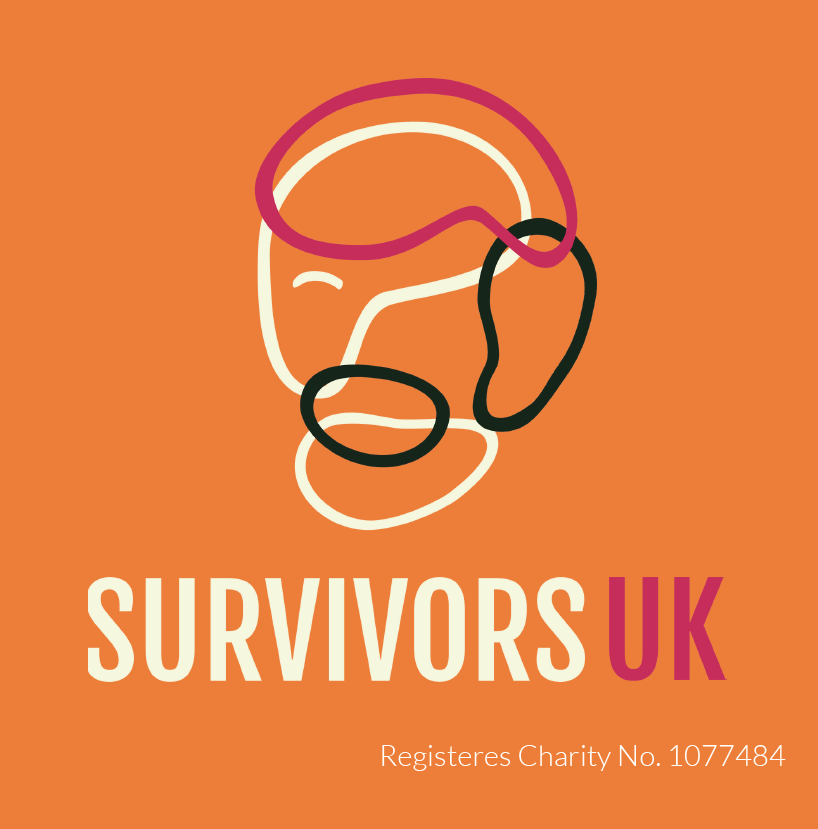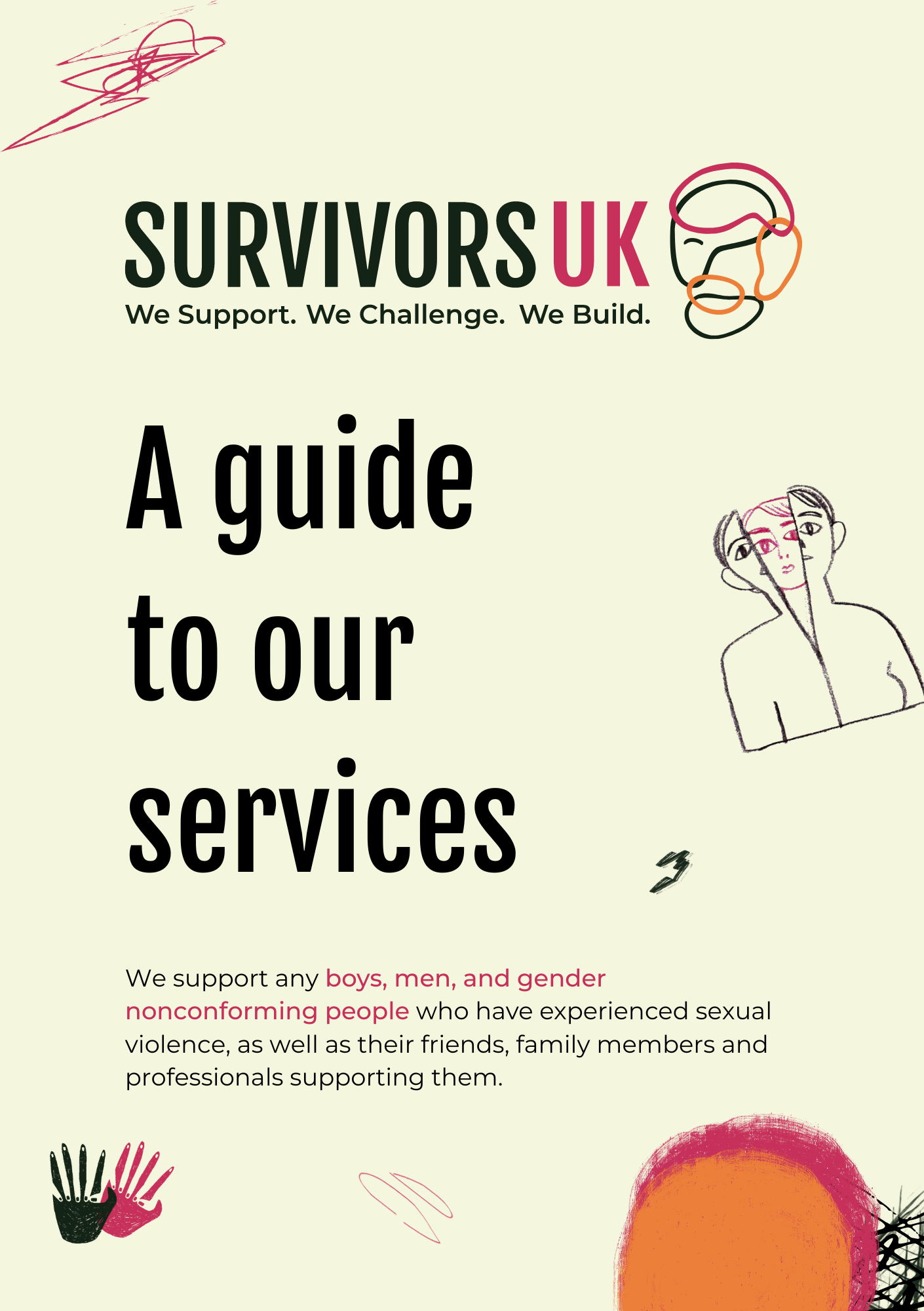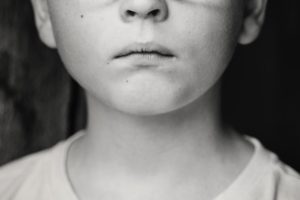
Lanzarote – Why not?
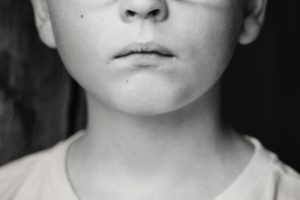 Heard of the Lanzarote Convention, have you? If you are reading this on the SurvivorsUK website, the chances are you are a survivor yourself. The Lanzarote Convention is about you.
Heard of the Lanzarote Convention, have you? If you are reading this on the SurvivorsUK website, the chances are you are a survivor yourself. The Lanzarote Convention is about you.
The Lanzarote Convention – or the Council of Europe Convention on Protection of Children against Sexual Exploitation and Sexual Abuse – was signed by all the 47 states who are members of the Council of Europe in 2007.
Yes, eleven years ago.
The Council of Europe is not the European Union. It is an independent body set up in the aftermath of the Second World War. Its biggest achievement, historically, was setting up the European Convention on Human Rights. The UK will still be a member of the Council and a signatory to the convention when it has left the EU.
Five states have signed but not ratified. It is the ratification process which makes the convention – effectively a treaty – binding.
One of the states which has not ratified the Convention is Ireland. Ireland has done a lot to deal with historical abuse, particularly the horrific Magdalene laundries and the industrial schools. Another non-ratifier is Norway, which has a pretty good reputation on human rights in general.
Armenia and Azerbaijan have not ratified. Azerbaijan has problems with human rights, and Armenia has problems with public order.
The fifth state? The fifth state not to ratify the Lanzarote Convention is not a state which is generally reckoned to have problems with public order, though it has some with human rights, particularly over the treatment of migrants. The fifth non-signatory, my friends, is our very own and very dear United Kingdom of Great Britain and Northern Ireland.
I do not know specifically why the United Kingdom has not signed the convention, though I could hazard a cynical guess. I have emailed my local MP, whom I have met and who should remember my name – she probably won’t. I have also emailed Teresa May, Boris Johnson, and Jeremy Corbyn.
I have emailed politicians before. What I expect, from most of them, is something bland and evasive written by an aide. If I follow up, I expect to be ignored.
I have emailed the embassies of Ireland and Norway. I had reason to contact the Danish ambassador once. She was very helpful. I am reasonably optimistic about the embassies.
If I get anywhere I will email Armenia and Azerbaijan. Not yet.
The states that adopt the Convention agree to criminalise of all kinds of sexual offences against children, to adopt legislation and take measures to prevent sexual violence against children, protect child victims and prosecute perpetrators. You would have thought that the UK had already done this and would have no problem signing.
So why not?
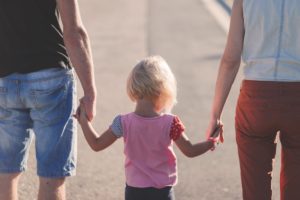 states that the ‘well-being and best interests of children are fundamental values shared by all member States and must be protected without any discrimination’. To talk of ‘fundamental’ and to use phrases such as ‘without any discrimination’ is perilously close to talk of rights.
states that the ‘well-being and best interests of children are fundamental values shared by all member States and must be protected without any discrimination’. To talk of ‘fundamental’ and to use phrases such as ‘without any discrimination’ is perilously close to talk of rights.
The Council of Europe Commissioner for Human Rights made the point explicit. In 2011 they said: ‘Sexual assault against children is an urgent human rights issue and fighting it should be a political priority.’ In Article 1 the treaty talks specifically of the ‘rights of child victims’.
I think that is the first time I have heard sexual abuse talked about unequivocally in a context of human rights.
The convention requires the state to make sure that people with regular contact with children have adequate knowledge of children’s rights and child protection. It requires the state to make sure that children, during their formal education, receive adequate information about sexual exploitation and abuse, and how to protect themselves. People who fear they might commit offences against children should have access to intervention programmes. The state should also conduct awareness raising campaigns for the general public.
How much of that has the UK government done?
Very importantly, the state should encourage the participation of children. It should also encourage the private sector, the media and civil society to play their role.
Again, there should be co-ordination between different agencies in the field, something that has been recommended time and time again in Britain and never, I think, achieved. Confidentiality rules should not be an obstacle to reporting. There should be assistance to victims.
The Convention also sets out – in terms of the age of consent, coercion, abuse of trust, or the particular vulnerability of the child – what constitutes abuse. Most importantly, it specifies – as the Sexual Offences Act 2003 does not – that the provisions of the Convention do apply to consensual activities between minors.
Additionally, itrequires the criminalisation of child prostitution and child pornography. There are requirements about legislation to establish corporate liability and jurisdiction, which may possibly be among the things a British government would jib at. There is provision for the establishment of adequate penalties. There are detailed measures on investigations, protection, interviews and criminal proceedings.
And last but not least, there are requirements about international cooperation, and the relationship with other ‘international instruments’, such as the United Nations Convention on the Rights of the Child. There are details of the monitoring arrangements by the ‘Committee of the Parties’.
So why not?
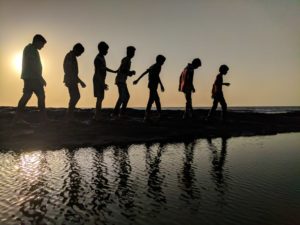 I am not sure that British practice comes up to the standard outlined in the convention. Only a lawyer with child abuse and protection experience could say definitively. I do however have my doubts.
I am not sure that British practice comes up to the standard outlined in the convention. Only a lawyer with child abuse and protection experience could say definitively. I do however have my doubts.
This is a short document. It is twenty-three pages. I am not a lawyer. Nevertheless, my first impression is that it is a pretty good document. It is comprehensive and thorough.
As a short document, it doesn’t go into great detail about the measures it prescribes. It uses words like ‘adequate’ and ‘effective’. Like ‘reasonable’, ‘adequate’ and ‘effective’ are words that can be given a very precise legal meaning in a specific context.
If we had ratified this document in 2007, and worked at implementation in a committed way, abused children would be much better off than they are. That is a scandal.
I am a survivor. I follow current affairs. The first I head of this document was on April 25 this year, in a reference in the Interim Report of the Independent Inquiry. I was shocked.
I emailed an online friend. Online friends are so twenty-first century, aren’t they? She is a survivor. She has been following #MeToo very closely. She hadn’t heard of it. She was shocked.
I am not sure why we do not know about the Lanzarote Convention. I am not sure why the government has not done anything to publicise it. I am not sure why the media have not taken an interest. I could, however, hazard a cynical guess.
The press are interested in the social work scandal story. They are interested in outing celebrities. They love abduction and murder stories.
Victims? Children’s rights?
I think we – by which I mean survivors – could do a great deal with the Lanzarote Convention. We could use it to audit social policy and legal practice. We could mobilise. It would give us a way of intervening directly on behalf of the children, which we haven’t had until now.
If we are going to do something with the Convention there is something we need to insist on,
RATIFY LANZAROTE NOW.




